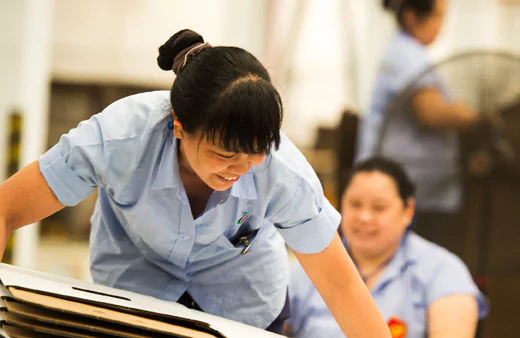Better conditions – on the factory floor and beyond
Better conditions – on the factory floor and beyond
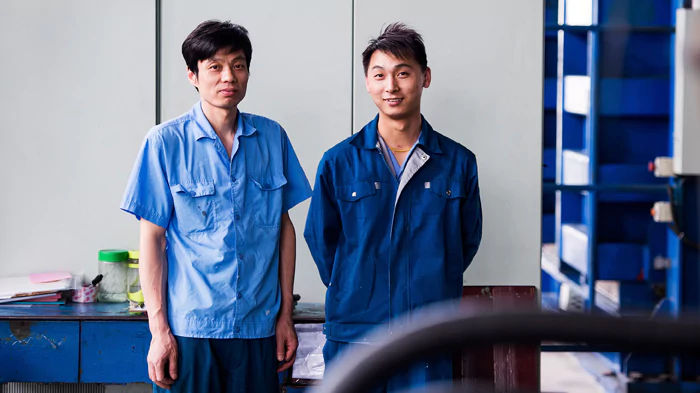
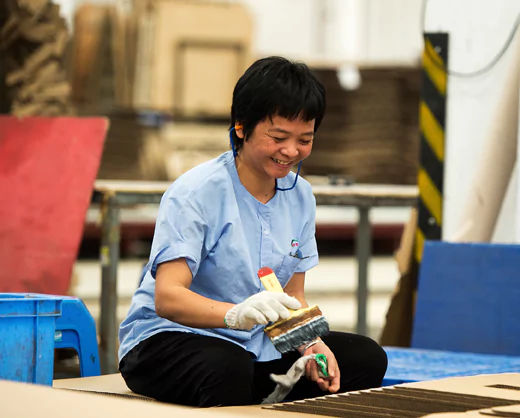
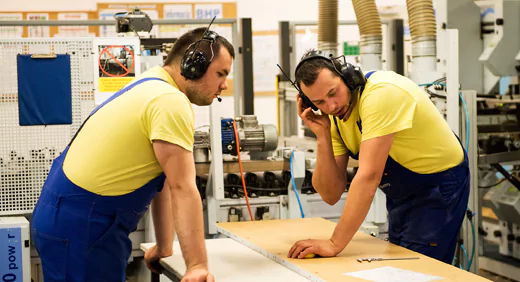
Reuniting migrant workers with their families. The MYS Dongguan factory have found a way to reunite migrant workers with their children. After all, employees are their most valuable asset. IKEA supports this important mission and encourages all our Chinese suppliers to follow. It’s not only the right thing to do, it’s better for business.
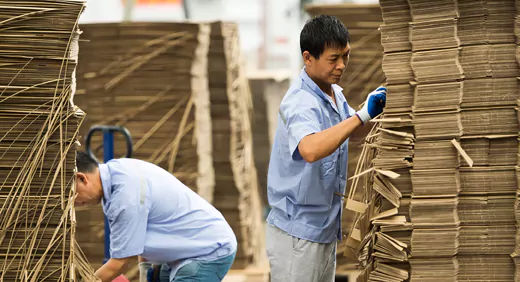
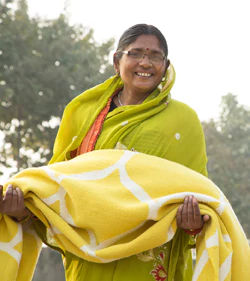
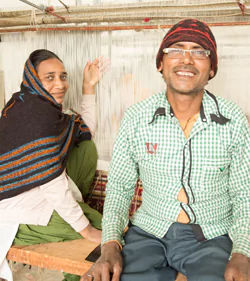
Empowering people and communities. SOARÉ placemat is popular among our customers and loved by people who made it too. It’s woven from water hyacinth that grows in the Mekong River in Vietnam. The process of harvesting, drying and weaving the plant is important to people living along the river banks. It keeps the waterway passable, it preserves handicraft tradition and it earns the weavers extra money to pay for schooling.
Redefining craftsmanship. Our NORDRANA series has benefited local women in the Vietnamese countryside. At local handicraft centres, many women now enjoy a formal job for the first time, earning a salary outside of the home.
